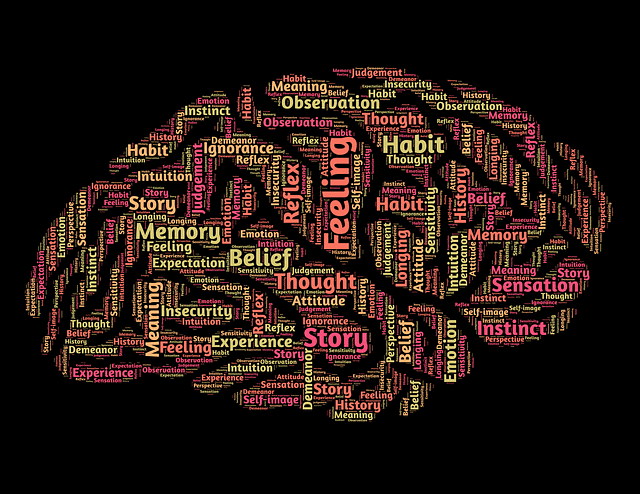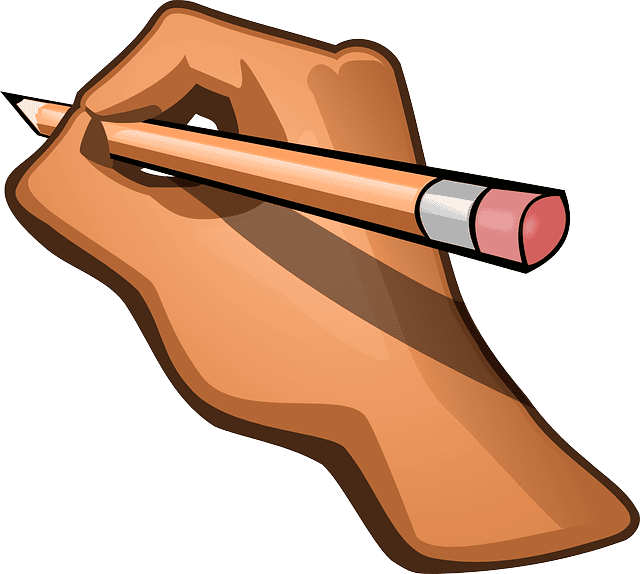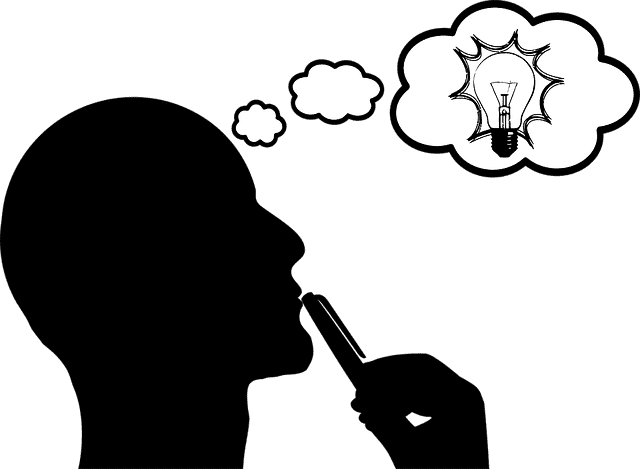
50% Discount: Complete Program
Do you feel like you keep forgetting what you learn in English?
Maybe you study words and phrases and grammar… but then it doesn’t stick in your mind, and you can’t seem to remember the words or the grammar when you need to use them.
This learning-and-forgetting is so frustrating, and it’s a common problem with learning anything, not just English!

So what can you do about this problem? How can you actually remember what you learn, so that it becomes part of your English and you can use it confidently?
I do have some tips for you, so today I’ll be teaching you how you can learn more effectively. These suggestions will help you remember what you study so that you can improve your English fluency instead of feeling like you’re always studying the same stuff again and again.
These are the tips I like to give students inside my courses at Espresso English. We have courses to help you improve ALL your skills – from grammar to vocabulary, speaking, listening, pronunciation, phrasal verbs, and so much more.
When you join one of our courses, and you practice what I’m going to teach you today, it’s a VERY powerful combination that will help you make real progress towards English fluency.
So let’s jump into our 5 tips for learning English and remembering it better:
#1 – Study as frequently as possible
Which is better…
- Studying 15 minutes a day, every day
- or taking a 2-hour class once a week?
The daily study is better, even though it’s technically less total time!
If you do a big class or study session once a week, the problem is you’re not thinking about or using or practicing your English during the other 6 days of the week – so you end up forgetting most of it.
But when you put in just a little bit of time frequently, like 15 minutes a day, you’re constantly refreshing your knowledge and keeping English “top of mind,” so it’s easier to remember and it comes to your mind faster.
We all have busy lives and that’s why I designed my lessons at Espresso English to be “short and sweet” so you can learn a lot even in just a few minutes a day.

#2 – Take notes & make drawings
Nowadays we do a lot of our studying online, and this is great but the problem is that if you’re only staring at a screen, it’s very passive. You’re just looking and trying to take in the knowledge, you’re not DOING anything.
So one very simple thing you can do is take notes! And I recommend handwritten notes – actually write things down in a notebook, don’t just copy and paste on your computer or save a link on your cell phone. The action of writing things down will help you remember the information better.
Should you just copy everything word for word? Well, you can, but I think a better way is to write down only the main points, or write down your own summary of the information. This helps you think more deeply about the information instead of just copying.
And I also recommend drawing little pictures! No, you don’t need to have any artistic skills – just try drawing a simple object or diagram that will help you remember each vocabulary word. Our brains are better at remembering visual information than text, so making simple drawings can really help.

#3 – Create your own examples
When you learn a new word or you’re studying a particular grammar structure, your teacher will probably show you a number of examples to help you understand it.
Then, you can take it one step further by creating your own examples. It’s best if your example sentences are true or relevant to your life, because this creates a personal connection with the vocabulary word or the grammar structure.
So if you’ve learned the word “generous,” think about people you know who are generous and write some sentences about them, for example, My best friend is generous because she donates a lot of money to charity.
If you’ve learned about using the present continuous tense for future actions, try to describe your own future actions using that tense: Tomorrow I’m meeting my sister for coffee. Next week I’m taking a couple days off work.
When you do this, not only are you putting what you learn into practice, but you’re doing it in a way that’s relevant to you, that describes your life, and this really helps you remember it better.

#4 – Review often
A common mistake is studying something once and then always moving on to something new, without ever reviewing what you learned before.
But science shows that we remember more information when we review it over time.
Here’s a simple schedule I recommend to my students:
- At the beginning of each new study session, before studying a new lesson, spend a few minutes reviewing what you learned in the previous lesson.
- And once a week, don’t study anything new – instead, review everything you learned in the past week.
- Whenever you have a day when you’re rather tired, or you don’t feel like you have enough time or energy to focus on something new, use that day to review things you learned in the past. If you’ve been taking notes like I suggested in tip #2, it’s easy, just grab your notebook and read through it, maybe try to come up with some new example sentences.
This rhythm of learning and reviewing, learning and reviewing, will help you remember things better so that you can have a strong base, a strong foundation, and keep adding new knowledge on top of that so that you can build and build your fluency.

#5 – Explain what you learned to someone else
This is a great thing to do if you have a friend who is also learning English. Don’t just study the same stuff together; instead, study different things separately and then meet together to “teach” each other what you’ve learned.
You will benefit from the other person’s explanation, AND you will deepen and strengthen your own knowledge because when you are going to teach it, you need to understand it well. Plus the other person might have questions that will test you and help you gain a more complete understanding of the grammar, the vocabulary, the phrases, and so on.
Remember, the goal here is not to teach it perfectly, but instead simply to use the exercise of explaining in order to help you develop your own understanding. Does that make sense?

Best ways to review and remember English
So our five tips for learning and remembering English more effectively are:
- Study as frequently as possible
- Take notes and make drawings
- Create your own examples
- Review often
- Try explaining it to someone else
I hope you’ll put these things into practice – if you do them, they will really help you.
And I can also help you further when you join one of my courses. Like I said earlier, the lessons in my courses are quick so it’s easy to do them every day – and many of them also have quizzes and exercises that can help you practice and review.
Also, when you’re following a course, it’s easy to know what to study next – so you can just take the next lesson instead of looking around the internet for something to learn.

